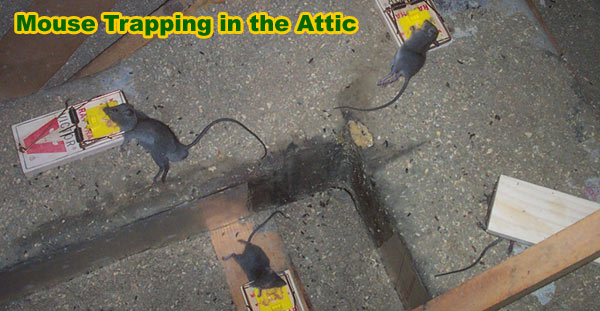- info@wildlife-removal.com
Call us for help in your town
Wildlife Removal Education
How to Solve a Rodent Infestation
Need rodent removal in your hometown? We service over 500 USA locations! Click here to hire us in your town and check prices - updated for year 2020.
People call many types of pest animals rodents. Some people call raccoons, opossums, and even bats rodents. In truth, the three most common unwanted rodent species are squirrels, rats, and mice. Most people
tend to use the word rodent interchangeably with rat and mouse. However, other true rodents, sich as chipmunks and groundhogs, are often pest animals. Your best bet is to actually click on the proper animal
below to get the information you want on removing that particular animal:
Rats -
Mice -
Squirrels -
Raccoons -
Opossums -
Chipmunks -
Flying Squirrels -
Groundhogs
If you don't know what kind of rodent you are dealing with, you can read the below. You also might also want to ready my page about noises in the attic at night, which will
help you identify what kind of rodent infestation you have. Every type of animal requires different removal techniques.

Rodent Infestation: Welcome! Come on in and put your feet up, relax and take solace in the fact that you’ve finally found a page to help you deal with your rodent infestation. That’s right, we know all about what you’re going through, and we know what you need to do about it. Let’s start at the beginning, before little fuzzy creatures stressed you out enough to create an ulcer.
Just what kind of rodent infestation do you have? When one thinks of the term ‘rodent’ the most common animal that comes to mind is a mouse. If you’re even more unfortunate, the other word that comes to mind is ‘rat’. Rodents, however, is a term used to describe a wide variety of home invaders, some of which can be much more worrisome than a mouse.
A handful of squirrel species will take up residence in a human household without a second thought. Some squirrels, like the flying squirrel, live in large communities and can create an overabundance of rodents in a short amount of time. Chipmunks will also look for an opportunity to shelter in a warm house, but chipmunks are often chased off by their larger, squirrel cousins. Both chipmunks and squirrels pose a destructive, noisy threat when they invade a home.
Rats, which are creatures of occasion, see a human residence as a place where food is readily available. Rats will often chase out or kill mice and take over their territory.
Almost all rodents are destructive when they decide they like your home as much as you do. Electrical wires, wrapped pipes, ducts, and plumbing all become fair game to these animals. A rodent will chew through almost anything. They are motivated to create a suitable home for future generations, and when rodents reproduce, they do so quickly and in quantity.
You probably knew the moment your rodent problem started. A loud bang overhead, maybe a few stray droppings out in the open, an irritating chewing sound in the wall, or all of the aforementioned are good indicators something non-human lives inside your home. Some people are not blessed with subtle signs, but wake up because it sounds like a herd of buffalo is running through the attic.
To eliminate your rodent infestation, first identify which rodent is causing problems. Mice and rats are drawn to food sources around them home, whereas squirrels and chipmunks are looking for nesting sites. Sealing up the garbage and using thousands of dollars’ worth of Tupperware won’t do much good when it comes to squirrel or chipmunk prevention. By knowing what motivates your pest, you can then devise a way to eliminate the problem.
There is one rodent we haven’t covered yet. Woodchucks. Yes, woodchucks are rodents, and they can be problematic if they decide to burrow under your garden shed or garage. Be careful when dealing with woodchucks. These animals can be very aggressive when cornered and are not worth losing a finger or contracting rabies. Though it is rare for a woodchuck to venture that close to human enclosures, it does happen. Be wary, and if in doubt, call a professional.
No matter what rodent you are dealing with, chances are you can take matters into your own hands. Consider the size of the rodent when choosing elimination methods. Snap traps that would kill a mouse will often only wound a rat or squirrel, and then you risk having the animal drag the trap into an inaccessible area of your house. Worse yet, you may have to put a trapped rodent out of its suffering, and that is not a pleasant activity. Live traps are not advised for rodents. Rodents have excellent memories, and they will often return to an area that has been noted as a viable food source or warm form of shelter.
General, proactive prevention methods like filling in holes and cracks outside of your home and removing tempting food waste will hopefully save you some time and worry in the future. Preventing rodent infestations is much easier than solving them.
Most people find these two instructional guides the most useful when attempting to solve a rodent infestation: How Are Rats Getting In and Rats In the Attic guide.


















